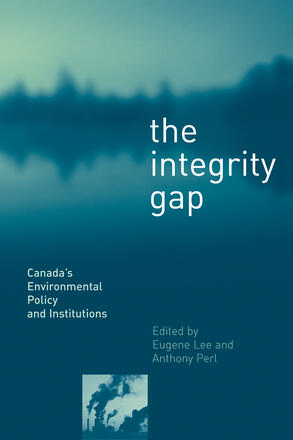
This thoughtful collection exposes the gap between rhetoric and
performance in Canada’s response to environmental challenges.
Description
This thoughtful collection exposes the gap between rhetoric and
performance in Canada’s response to environmental challenges.
Canadians, despite their national penchant for environmental
discussion, have fallen behind their G-8 peers in both domestic
commitments and international actions. In a cogent examination of the
issue, eight authors demonstrate how Canada’s configuration of
political and economic institutions has limited effective environmental
policy. Canadian environmental institutions, the authors argue, have
produced an integrity gap: the sustainability rhetoric adopted by
policymakers fails to achieve concrete results. In an analysis that
penetrates several policy domains and combines various disciplinary,
sectoral, and geographic perspectives, the authors demonstrate how
Canada fell from leader to laggard within the international
environmental community.
Reviews
A useful matrix in the introductory chapter identifies the institutional constraints that prevent Canadian governments delivering stated environmental goals ... The case studies offer useful support for this hypothesis.
- Tony Jackson, University of Dundee